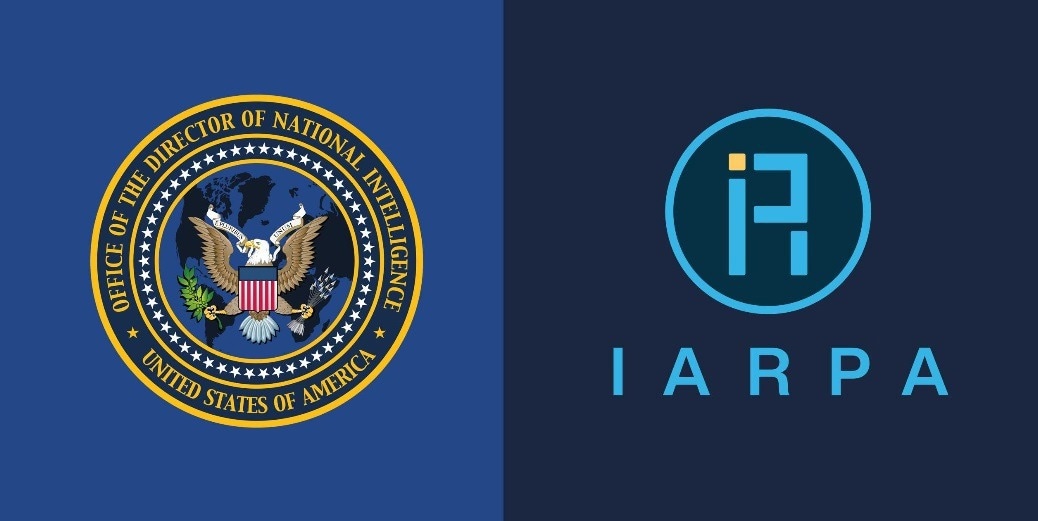Reviewed by Maria OsipovaOct 6 2022
Labskin is delighted to announce our selection by The Intelligence Advanced Research Projects Activity (IARPA), part of the US Office of the Director of National Intelligence, to join a team of experts to develop new ways to evaluate radiation exposure in civilians and military personnel.

Image Credit: Labskin
Labskin is a key member of a consortium selected to develop these technologies in collaboration with a multidisciplinary team of experts including professors from the University of Columbia in New York, Georgetown University in Washington DC, the Georgia Institute of Technology, scientists from the American Type Culture Collection (ATCC) and computer scientists and researchers from the project lead ARETE Associates, a Defense contractor specializing in sensing solution and machine learning algorithms.
TEI-REX
In a project worth $800k, starting immediately, Labskin will help develop this technology into minimally invasive testing for radiation for a program known as Targeted Evaluation of Ionizing Radiation Exposure (TEI-REX). TEI-REX aims to develop novel approaches to evaluate organisms exposed to low-dose ionizing radiation. Labskin coupled with Skin Trust Club’s expertise in skin research and microbiology is essential for the project.
The goal of the project is to develop a new biodosimetry standard which could be applied to maintain the safety of military and civilian populations working or living in close proximity to ionizing radiation sources, such as: nuclear plants, nuclear vessels, ammunition, etc. Labskin’s contribution is the creation of a simple non-invasive swab test to collect signatures from the skin surface that allows machine learning algorithms to detect and quantify the impact of any amount of radiation exposure on the skin microbiome.
This is an unique opportunity to revolutionize the way we test for radiation exposure. Labskin and Skin Trust Club are at the forefront of an increasing number of cutting edge technologies that are changing our world. This technique can also be applied to detect the impact of pollution or a variety of chemicals on the environment. Furthermore, this type of testing could not only be used to detect exposure to these kind of events in humans but also in complex ecological systems such as the soil, crops or sediments”
David Caballero-Lima, Chief Scientist, Labskin
We are committed to the success of this very exciting project. The inclusion of Artificial Intelligence and the opportunity to work with ARETE Associates, with their vast experience in complex AI applications, will result in further advances in how AI can be used in conjunction with our skin model at scale. This project coincides with completion of the expansion of our US labs in Delaware, which will greatly help the implementation of this large project. We believe our proven ability to transition technology to the field with Skin Trust Club will be invaluable as we progress this project.”
Colin O’Sullivan, Chief Information Officer, Labskin